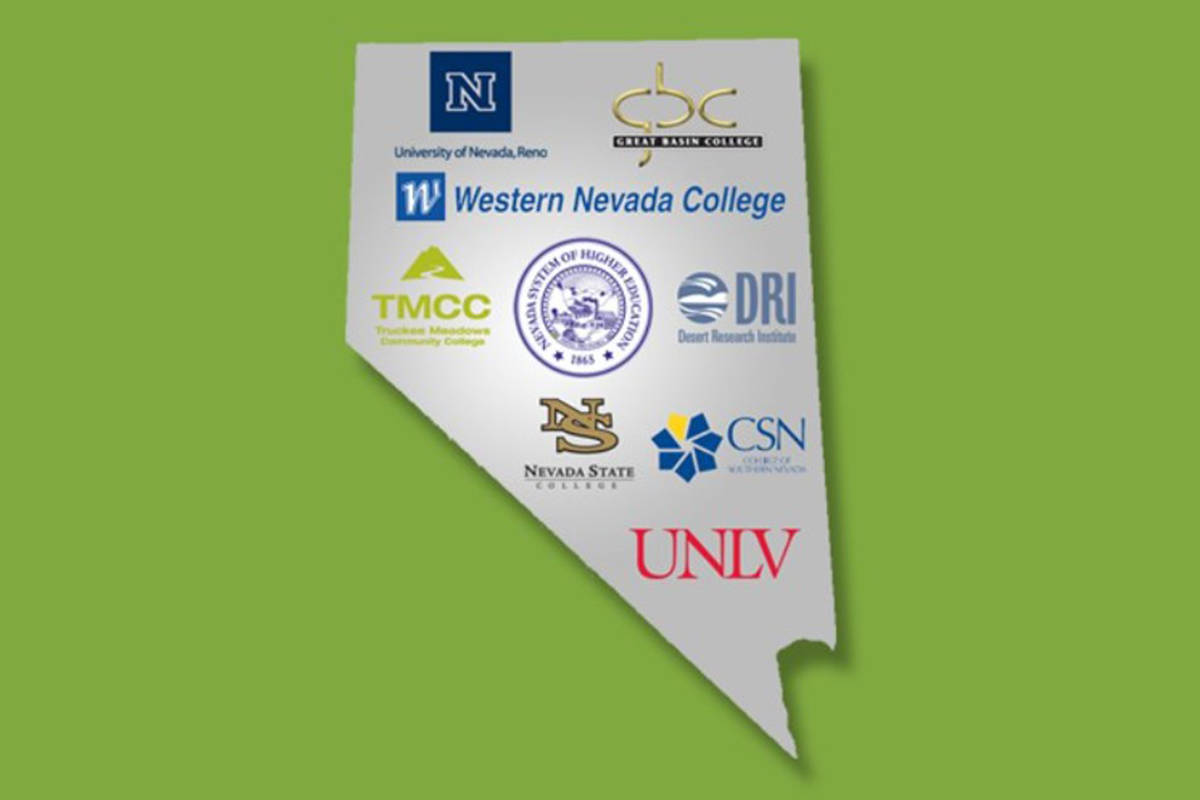NSHE receives $750K grant to help replace remedial classes
The Nevada System of Higher Education received a $750,000 grant to help with implementing programming that will replace traditional remedial classes for students.
NSHE announced the grant from Los Angeles-based ECMC Foundation on Wednesday.
Most of the grant money will be distributed to Nevada public colleges and universities through subgrants, according to a statement from NSHE. Schools can use money for needs such as corequisite support, employee training and hiring.
NSHE’s Board of Regents adopted a policy that goes into effect in fall 2021 that eliminates traditional remediation. Data shows that students who take remedial classes often have lagging graduation rates compared with their peers and that remedial classes don’t count for college credit.
The new policy requires students to be enrolled in college-level English and math classes during their first year of enrollment — with or without corequisite support.
A corequisite offering is where a student takes a college-level English or math class at the same time as another class where they get extra academic help.
“This new Corequisite and College Ready Gateway policy sends a clear message to all students, NSHE board chairman Jason Geddes said in the statement. “When you come to college, you will take college level courses, and if you need it, just in time support will be provided for you.”
Contact Julie Wootton-Greener at jgreener@reviewjournal.com or 702-387-2921. Follow @julieswootton on Twitter.























